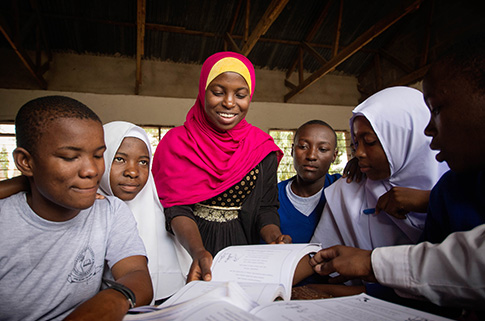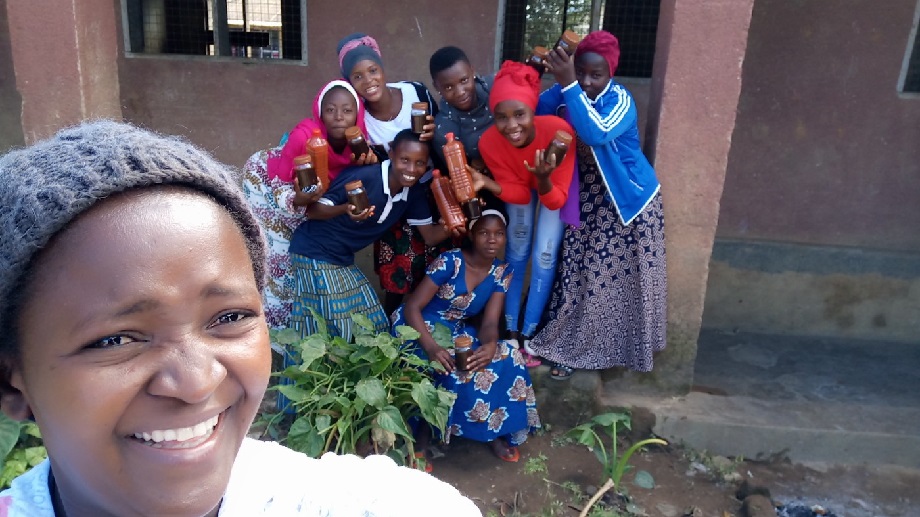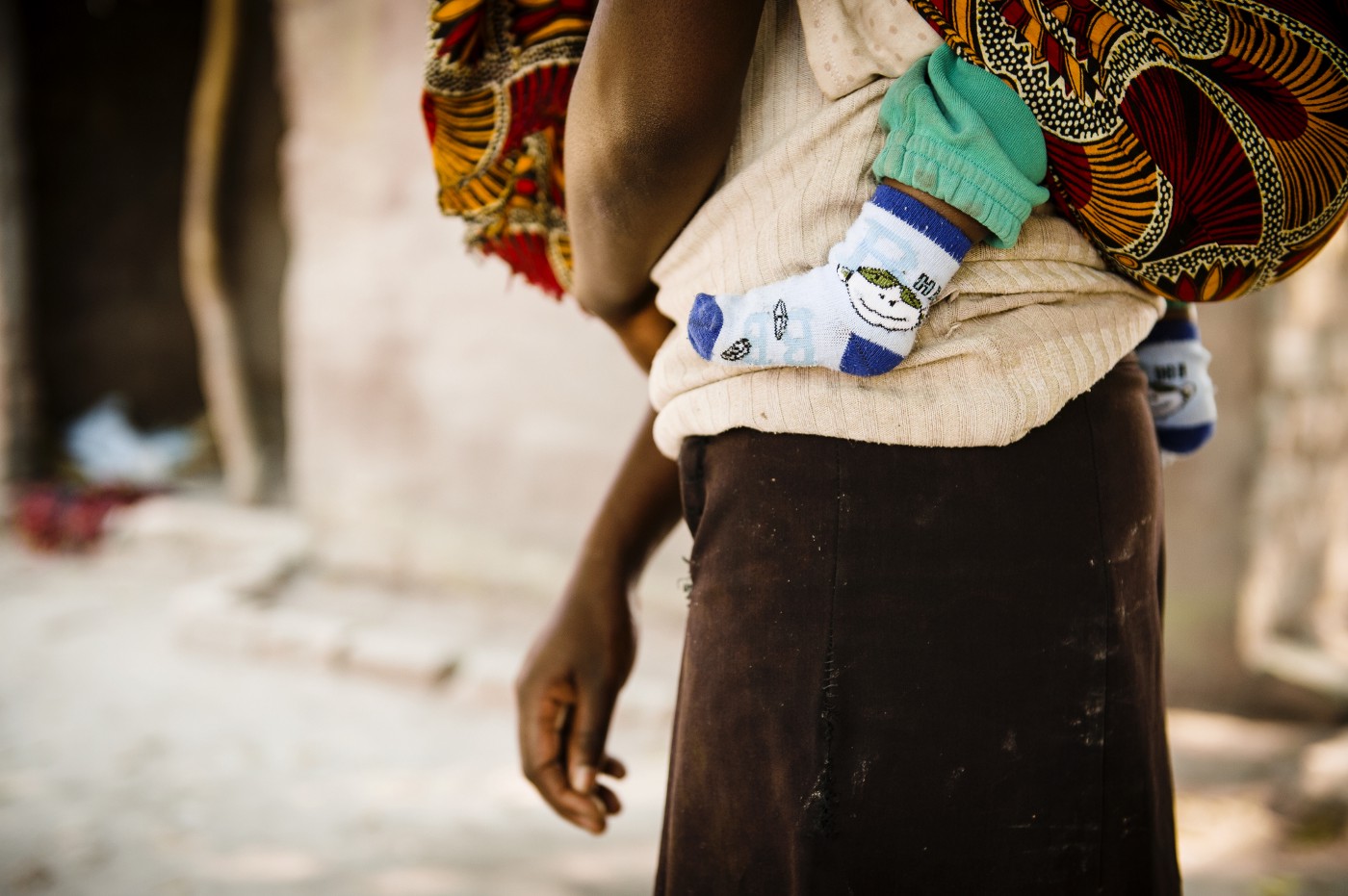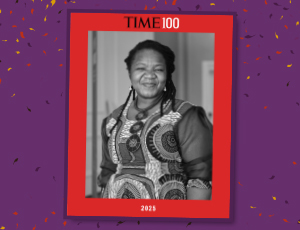
Research shows that systems transformation starts at community level, where actions speak louder than words. It’s sustained by leaders with lived experience, a conducive policy environment, and long-term investment in holistic programs that focus on the most underserved in society. The results benefit us all.

From left: CAMFED’s Fiona Mavhinga, Julia Gillard, the REAL Centre’s Pauline Rose, CAMFED’s Lydia Wilbard, the FCDO’s Alicia Herbert, and CAMFED’s Lucy Lake at the Transformative Education Symposium at the REAL Centre, University of Cambridge
At a symposium hosted by the Research for Equitable Access and Learning (REAL) Centre at the University of Cambridge, the University of Dar es Salaam (UDS) and CAMFED on May 29, 2024, the Hon Julia Gillard AC, representatives of government Ministries, researchers, global philanthropic organisations and practitioners joined forces to explore how community engagement, women’s leadership and a conducive policy environment can come together for sustainable systems transformation – starting with education and creating a ripple effect across society.
Participants discussed how educated girls who become leaders can have a transformative impact. Speakers underscored that boys and men are a crucial part of the journey, and that communicating the benefits of gender equality to this group is more important than ever, in a context where – in many parts of the world – social solidarity is fracturing.
This page contains a summary of the event highlights, including video clips of the full event and of the two main keynote presentations.
Transformative Education Symposium: Shifting Gender Social Norms
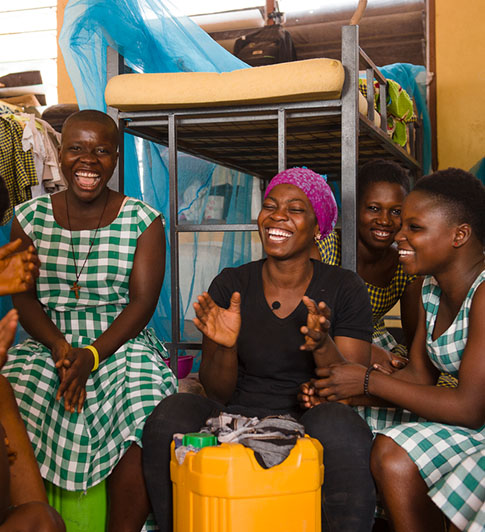

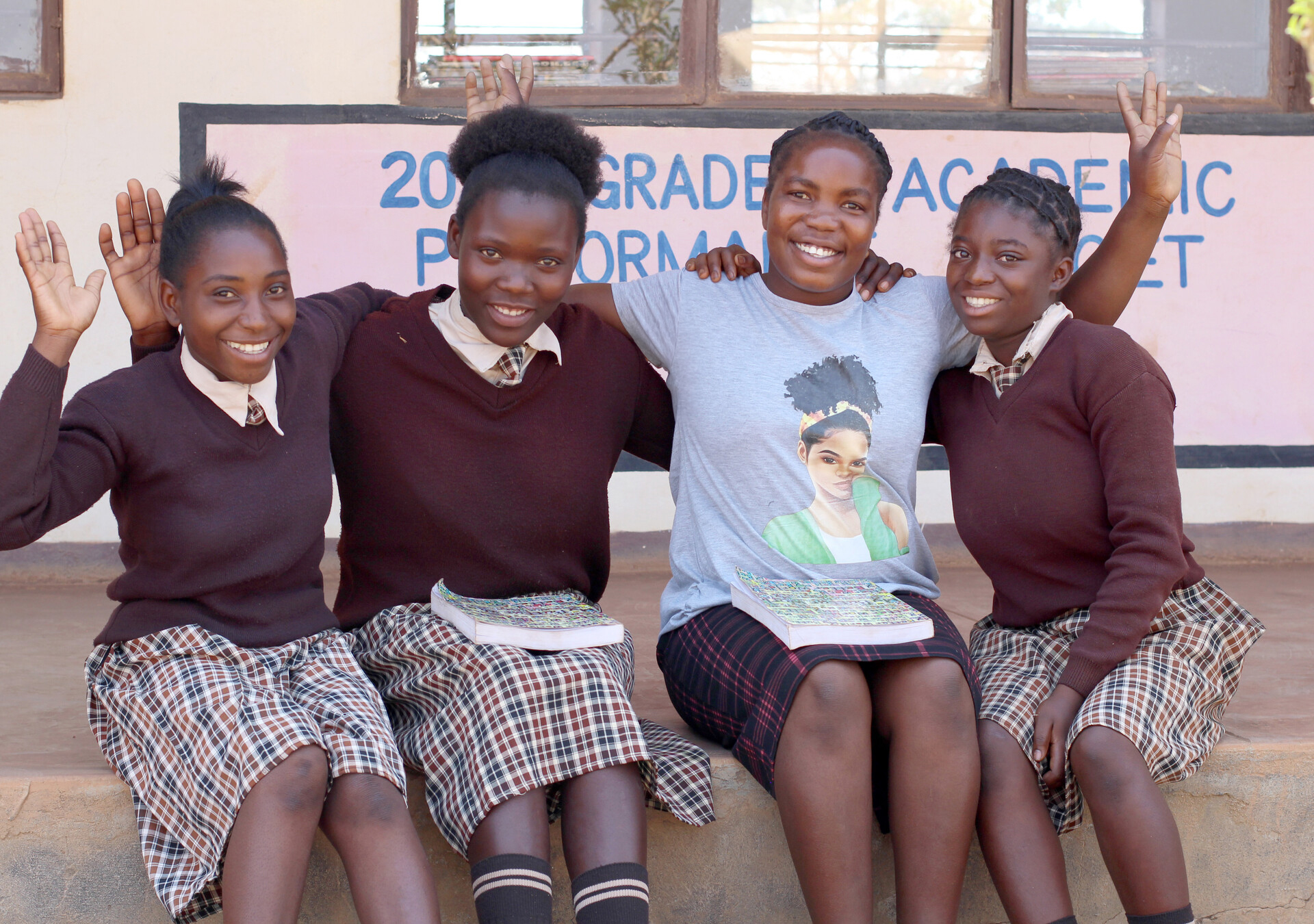
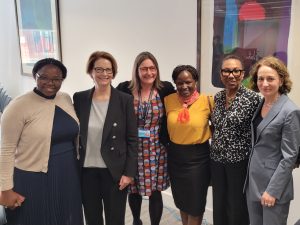
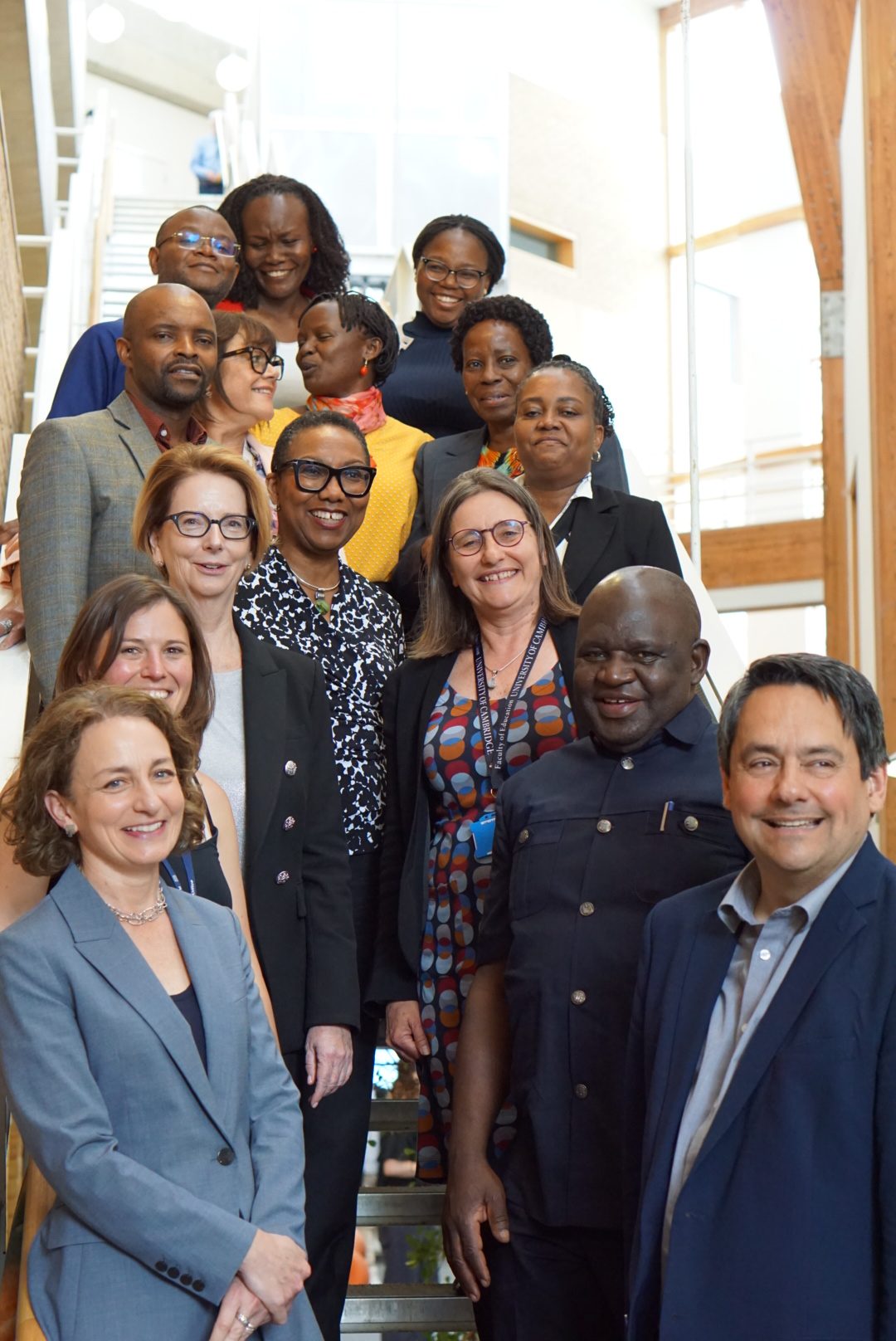
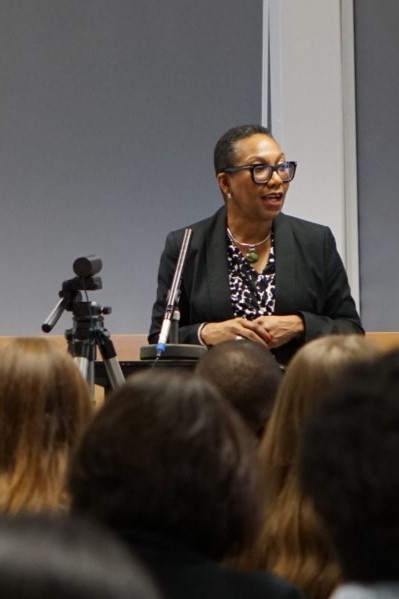
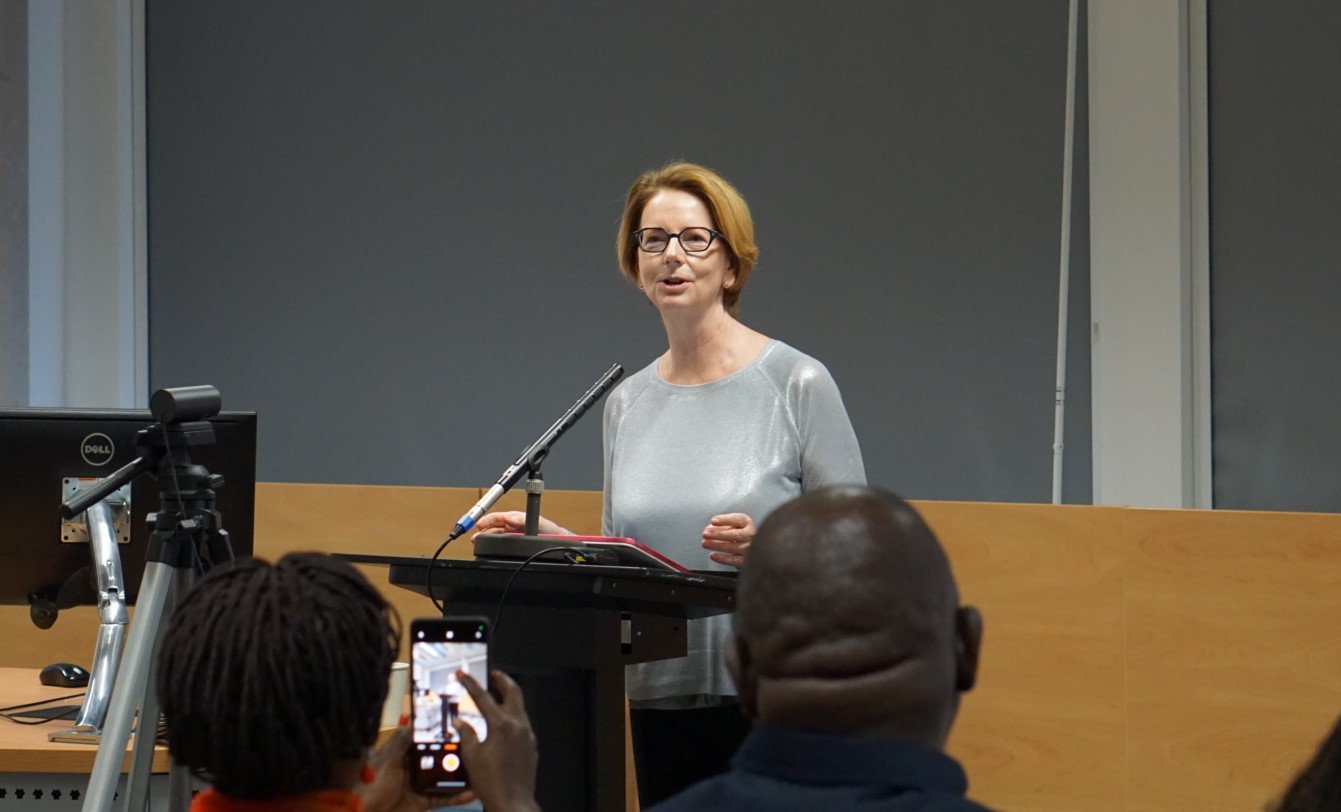
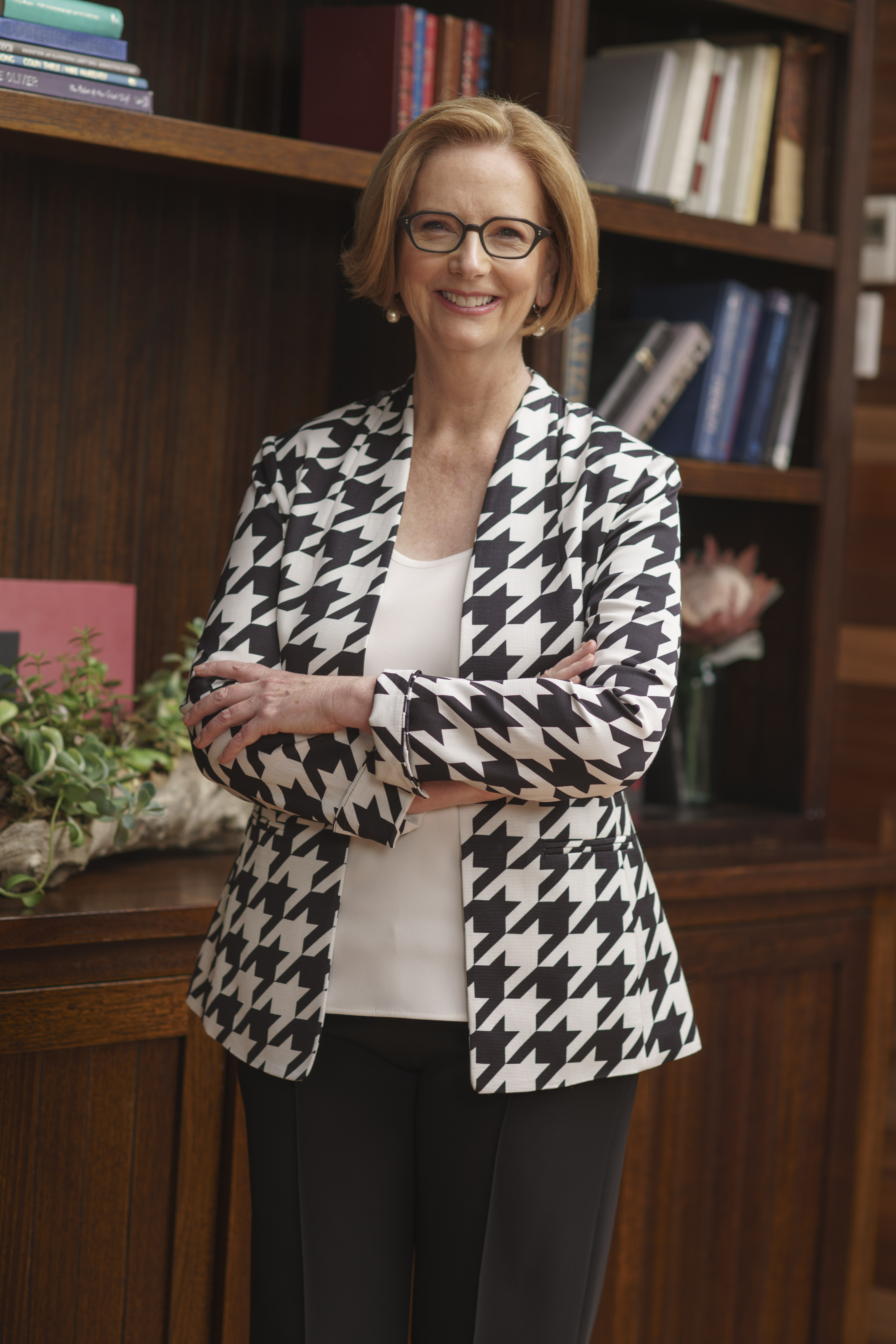
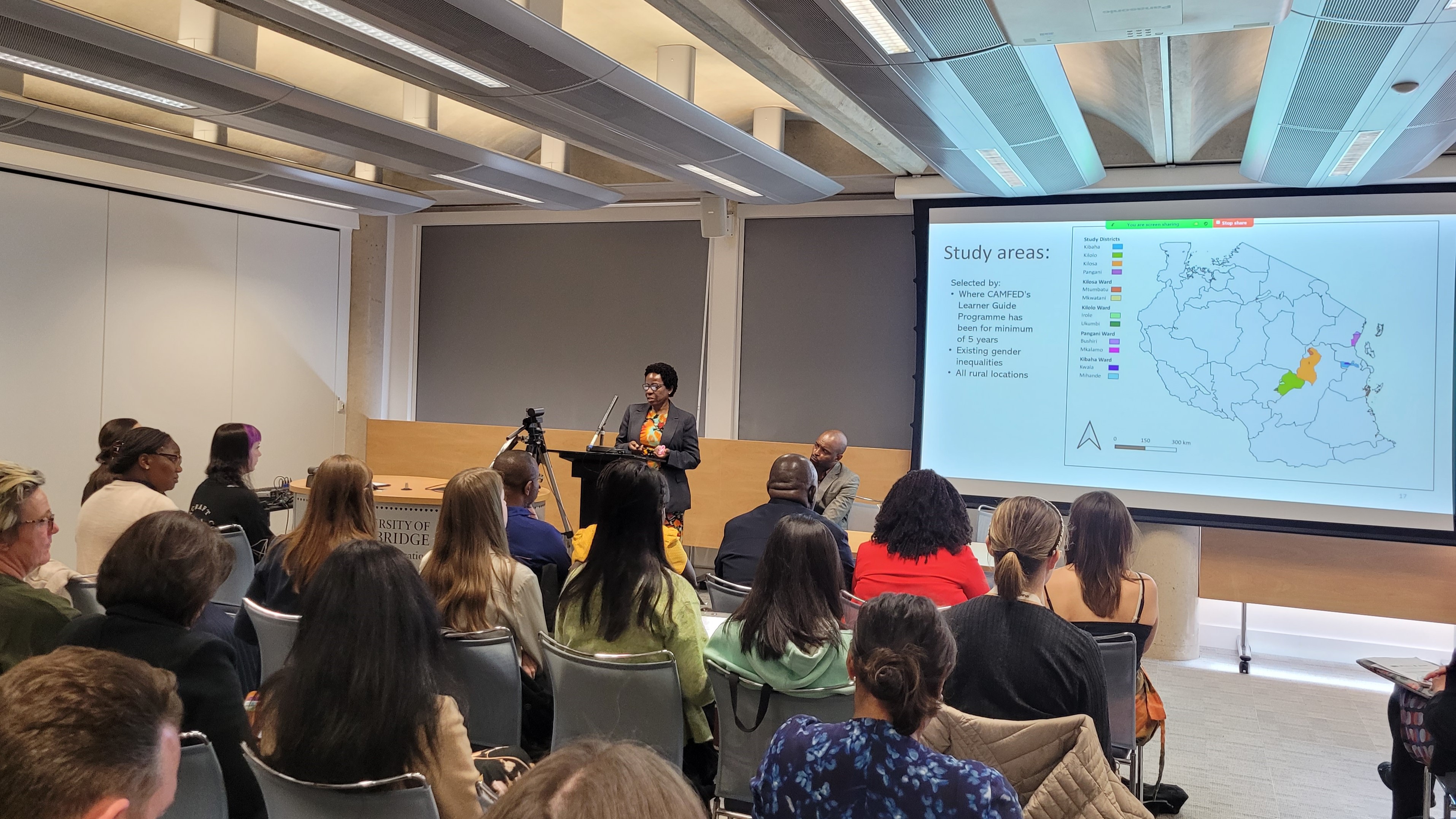
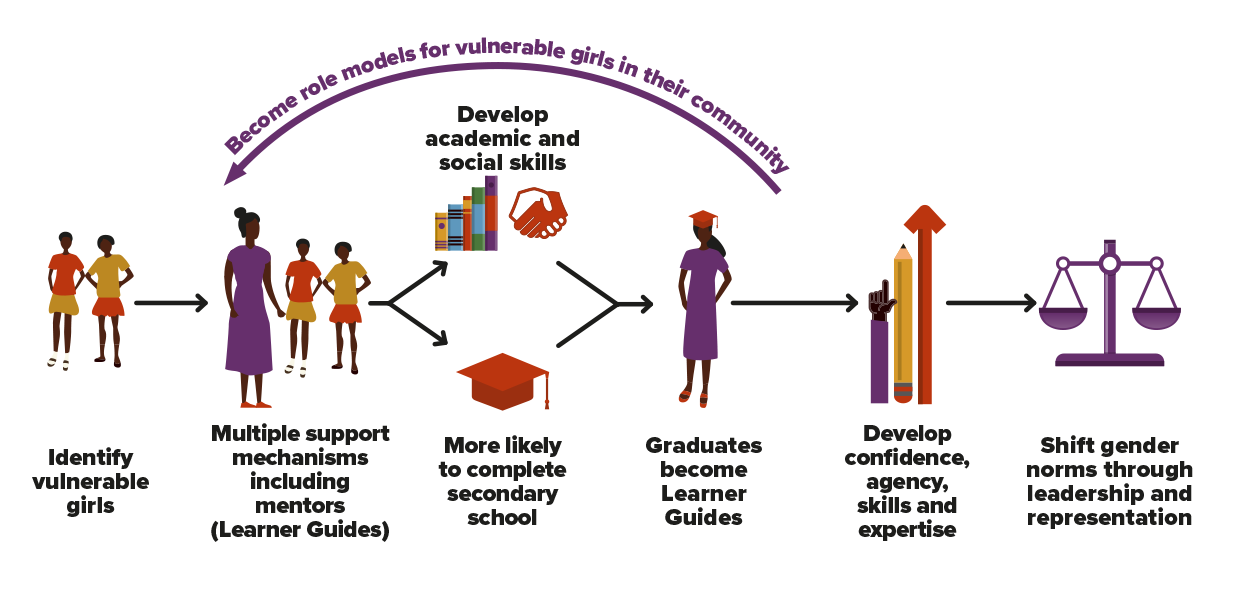
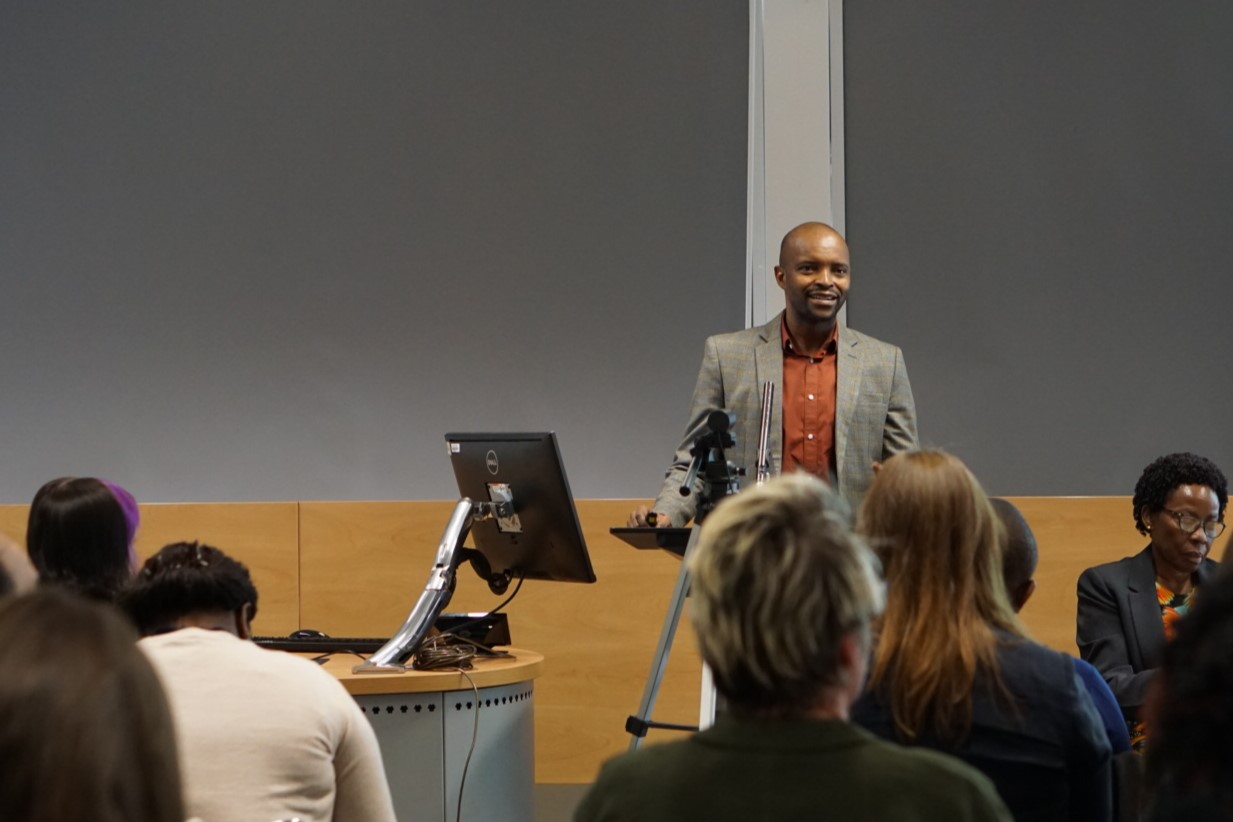
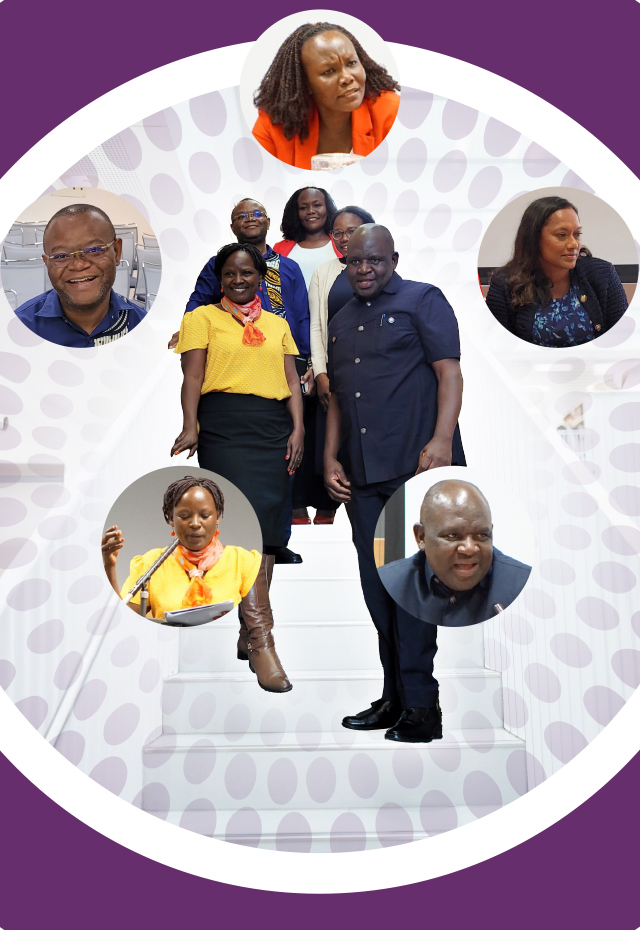
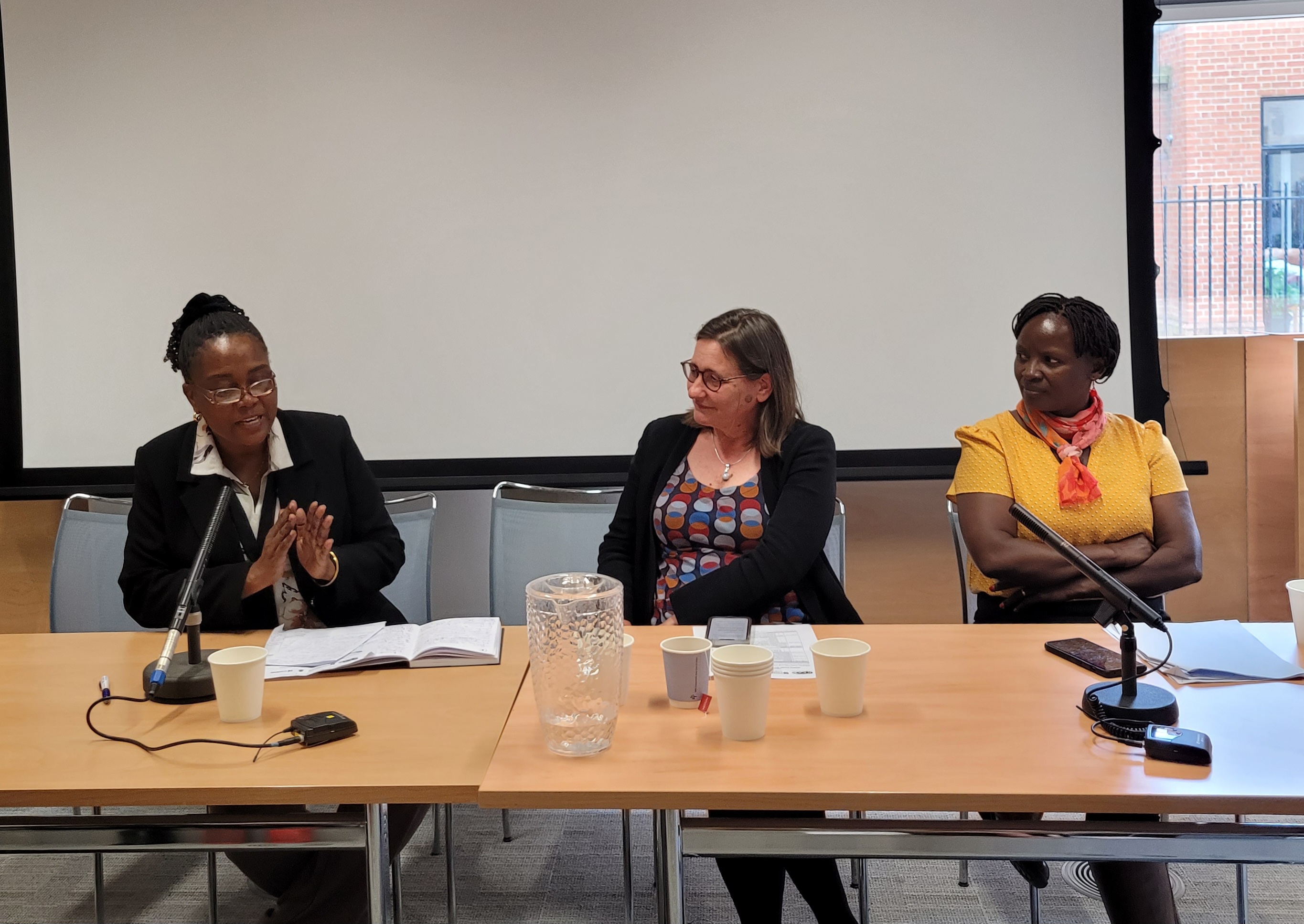
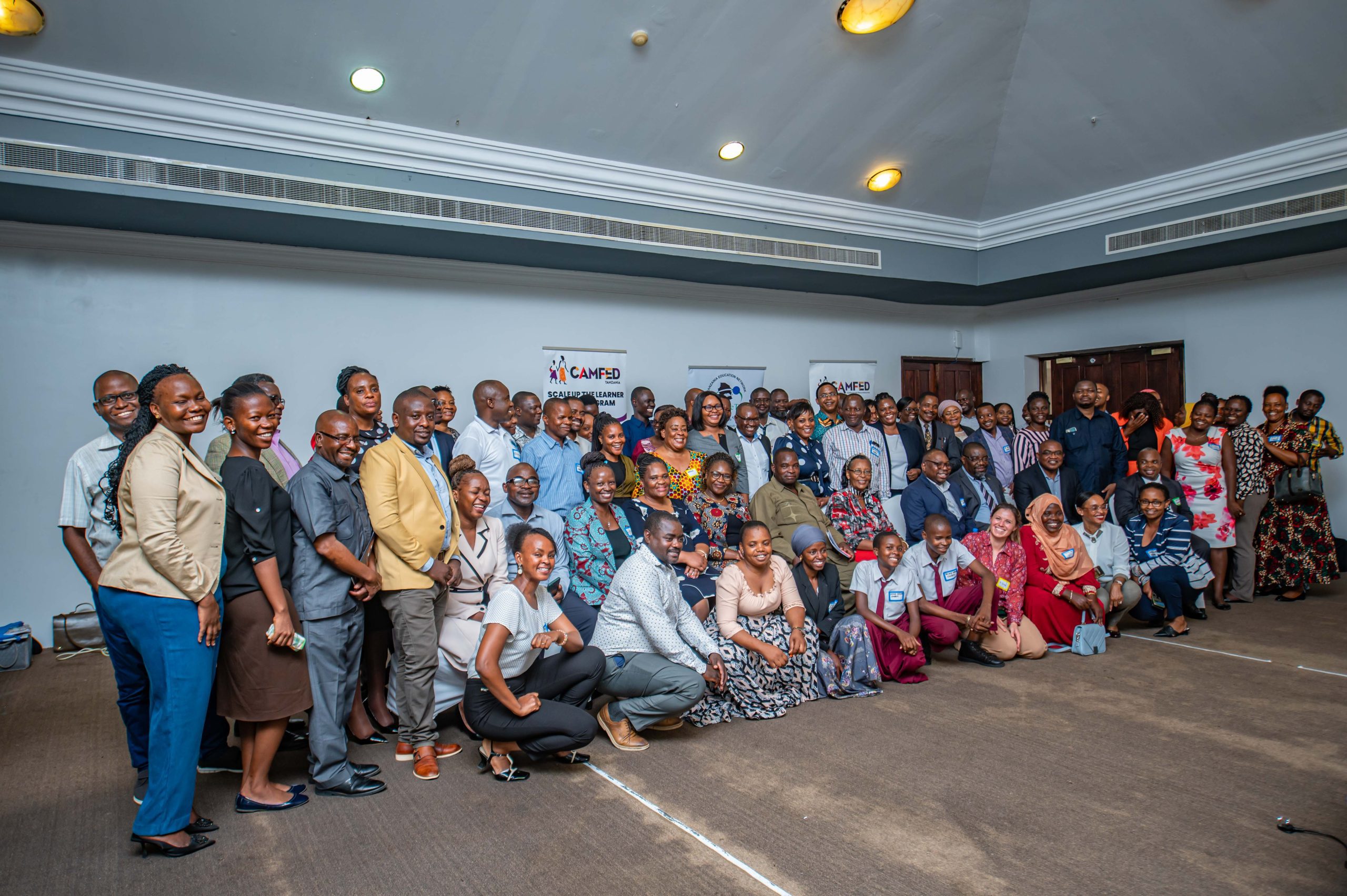
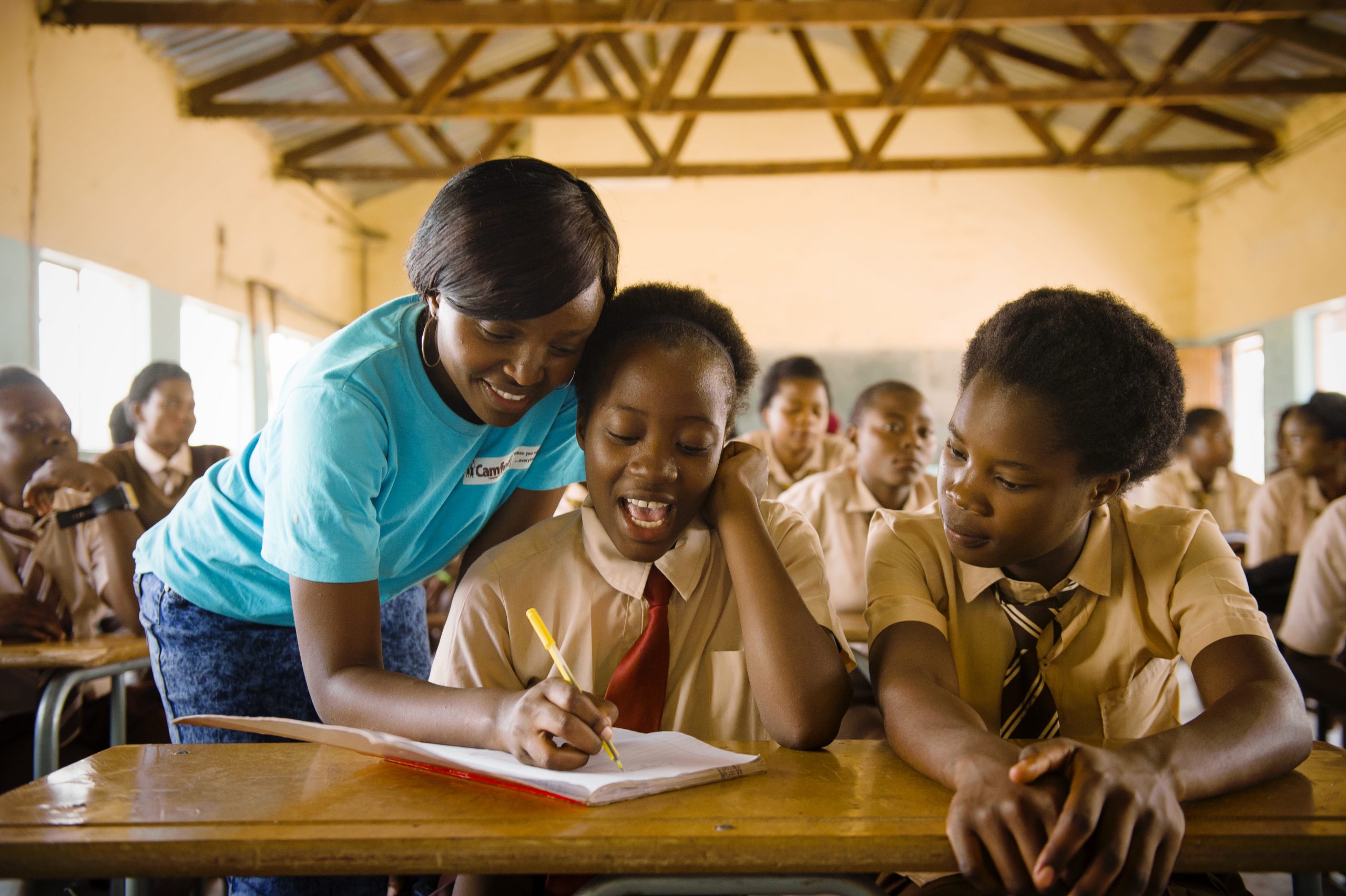
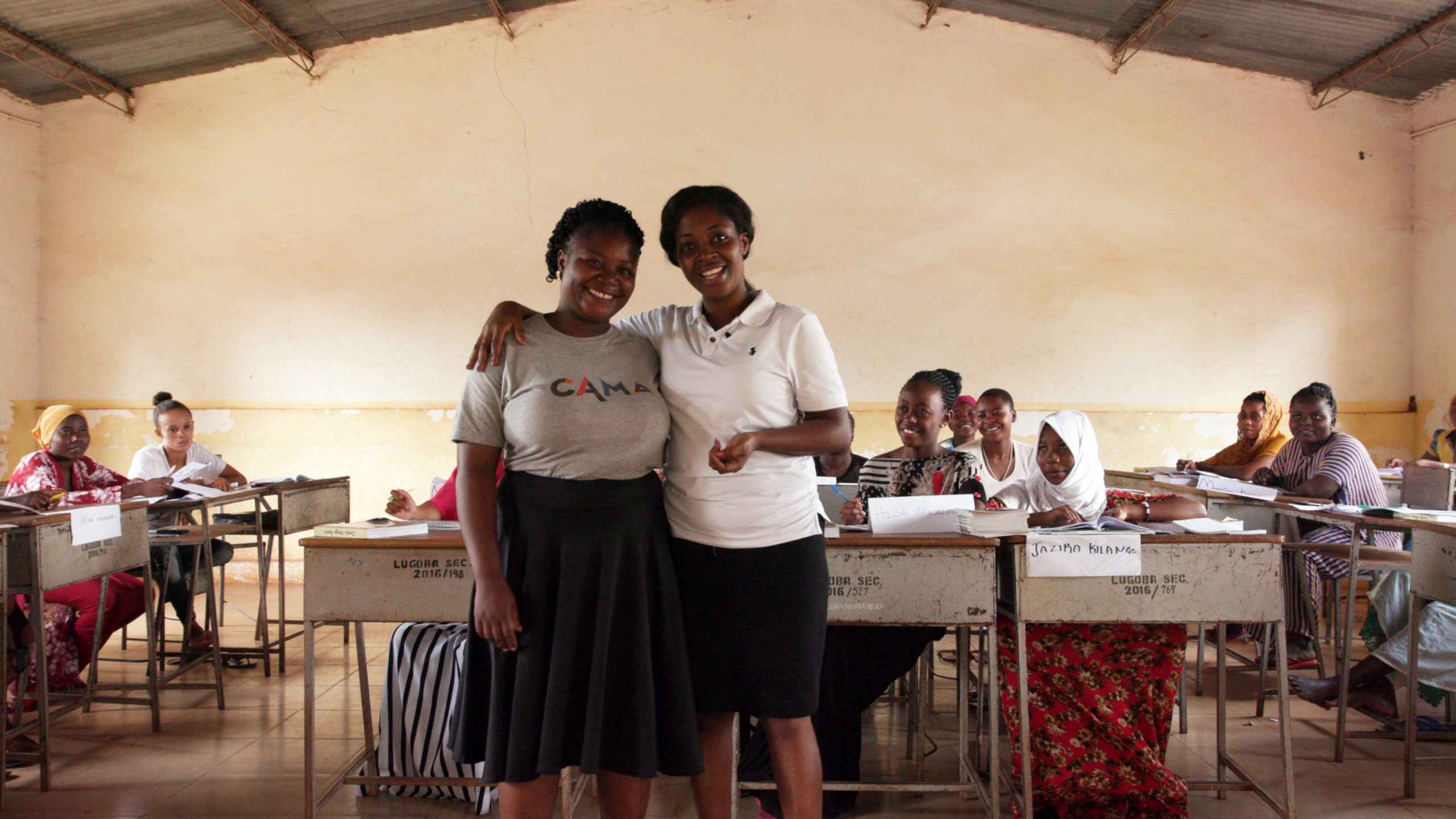
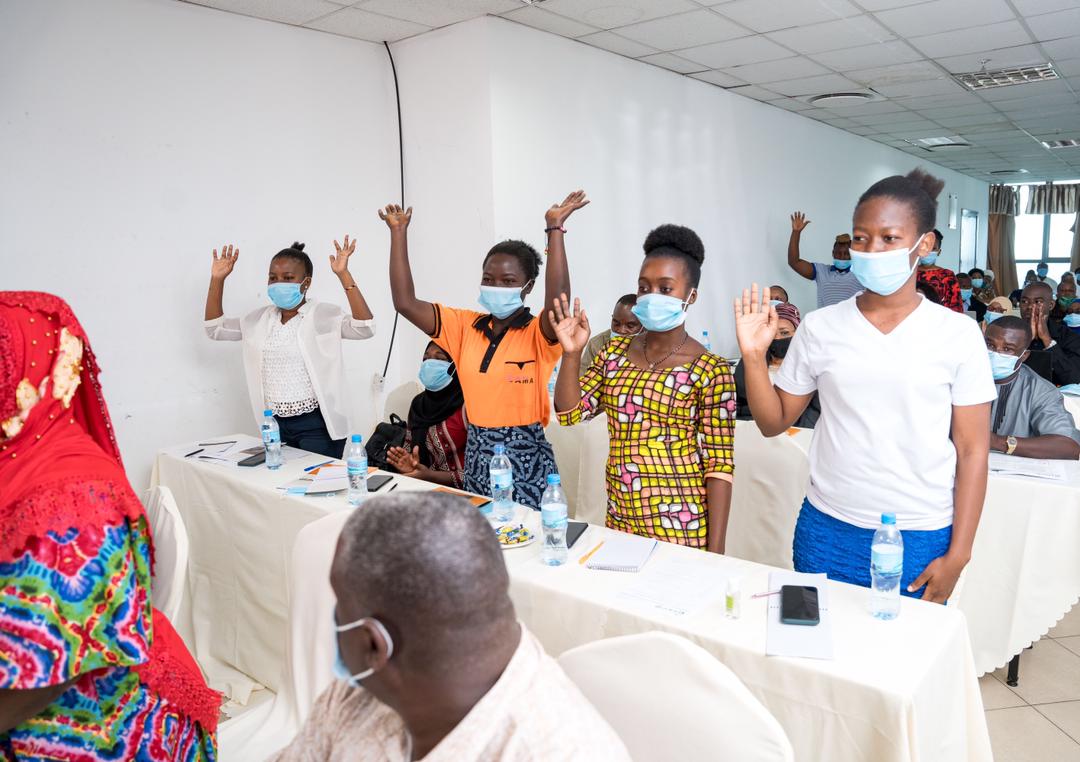
![Dyness-643005-[Melody]-CAMA-LG-Samfya-ZAM-My-Better_World_DSC_0002.JPG](https://camfed.org/wp-content/uploads/2022/04/blog_listing-2021-06-02_9.jpeg)
